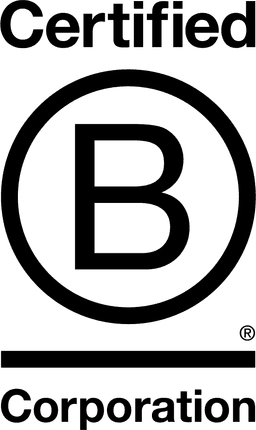

Kalinko

1.6
Solihull, United Kingdom
July 2025
Other retail sale
Wholesale/Retail
Myanmar,
United Kingdom
Kalinko designs beautiful products which empower women and craft communities in Burma. They make simple, sustainably-crafted pieces using natural materials and traditional methods and in doing so provide steady work and economic stability for artisans working in an extremely difficult context. Kalinko favours timeless designs and slow techniques; the onus is on pieces which will wear well, be loved and used for generations to come, and leave a lasting impact on the communities which make them. Kalinko’s founder, Sophie Garnier, lived in Burma for seven years during a short-lived decade of hope and freedom which was ultimately curtailed by a military coup and the return of historical challenges and complexities which persist today. She continues to visit Burma frequently where the Burmese team work with a growing network of expert craftspeople throughout the country. “The products speak for themselves,” says Sophie. “they’re so beautiful. So it’s our job to generate demand and deepen our impact on the communities we support.”
Overall B Impact Score
Governance 14.9
Governance evaluates a company's overall mission, engagement around its social/environmental impact, ethics, and transparency. This section also evaluates the ability of a company to protect their mission and formally consider stakeholders in decision making through their corporate structure (e.g. benefit corporation) or corporate governing documents.
What is this? A company with an Impact Business Model is intentionally designed to create a specific positive outcome for one of its stakeholders - such as workers, community, environment, or customers.
Workers 18.1
Workers evaluates a company’s contributions to its employees’ financial security, health & safety, wellness, career development, and engagement & satisfaction. In addition, this section recognizes business models designed to benefit workers, such as companies that are at least 40% owned by non-executive employees and those that have workforce development programs to support individuals with barriers to employment.
Community 37.3
Community evaluates a company’s engagement with and impact on the communities in which it operates, hires from, and sources from. Topics include diversity, equity & inclusion, economic impact, civic engagement, charitable giving, and supply chain management. In addition, this section recognizes business models that are designed to address specific community-oriented problems, such as poverty alleviation through fair trade sourcing or distribution via microenterprises, producer cooperative models, locally focused economic development, and formal charitable giving commitments.
What is this? A company with an Impact Business Model is intentionally designed to create a specific positive outcome for one of its stakeholders - such as workers, community, environment, or customers.
Environment 16.2
Environment evaluates a company’s overall environmental management practices as well as its impact on the air, climate, water, land, and biodiversity. This includes the direct impact of a company’s operations and, when applicable its supply chain and distribution channels. This section also recognizes companies with environmentally innovative production processes and those that sell products or services that have a positive environmental impact. Some examples might include products and services that create renewable energy, reduce consumption or waste, conserve land or wildlife, provide less toxic alternatives to the market, or educate people about environmental problems.
Customers 4.1
Customers evaluates a company’s stewardship of its customers through the quality of its products and services, ethical marketing, data privacy and security, and feedback channels. In addition, this section recognizes products or services that are designed to address a particular social problem for or through its customers, such as health or educational products, arts & media products, serving underserved customers/clients, and services that improve the social impact of other businesses or organizations.